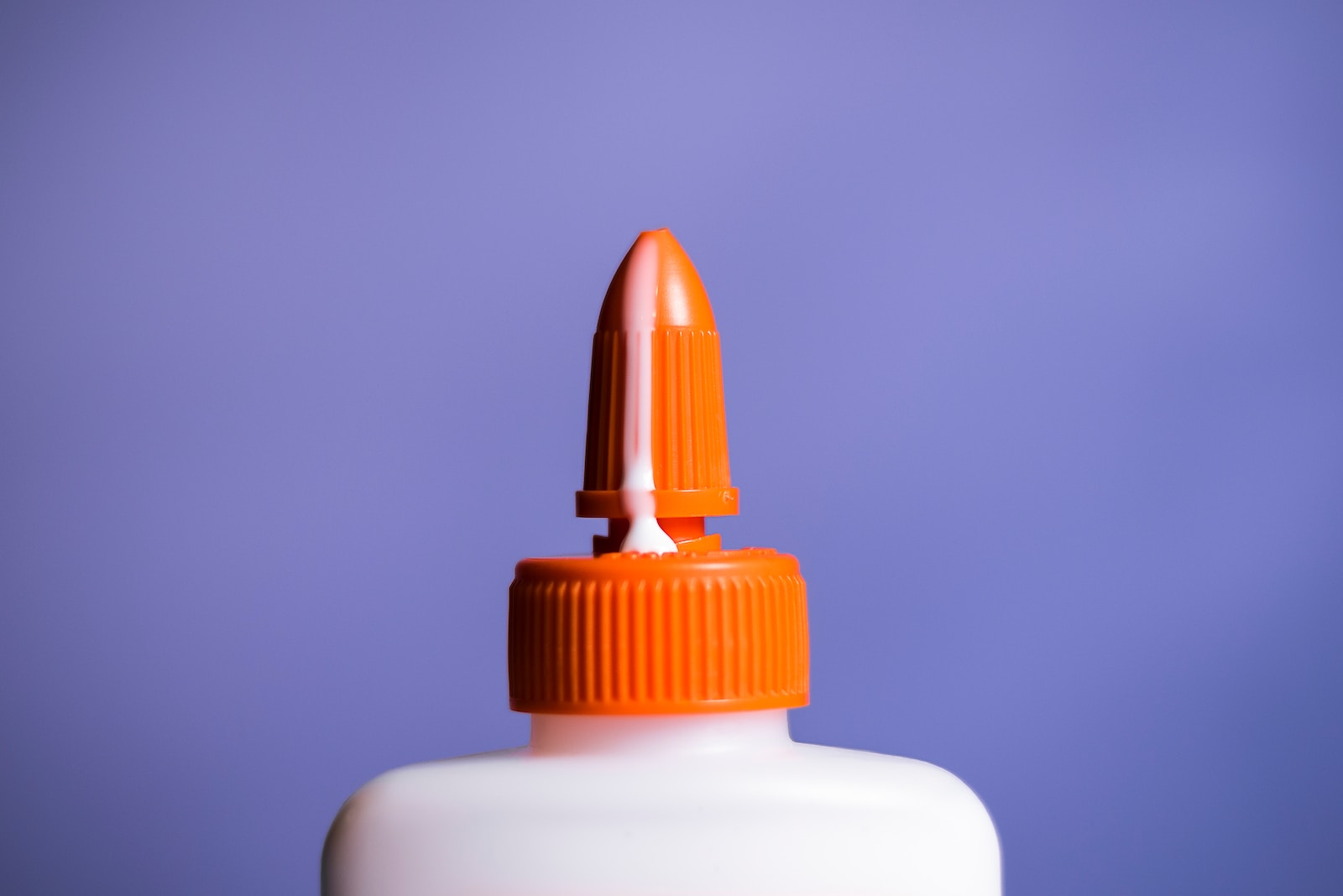Sex is meant to be pleasurable, but a sore penis after sex can be painful. This is not necessarily a sign of a serious problem, but it can be uncomfortable.
Painful ejaculation can be caused by problems with the prostate, testicles, epididymis, seminal vesicles, or urethra. It is important to talk to your doctor about this.
Causes
A man’s penis is home to nerves and blood vessels, and it gets a lot of pressure during intercourse. For this reason, it can get sore and painful in certain circumstances. If this happens only once, it may be a muscle sprain that will heal on its own. But if it occurs frequently, it’s worth seeing a doctor.
Pain during and after ejaculation can also be caused by prostate inflammation or prostatitis, which is when the prostate gland gets inflamed. The prostate is below the penis, between the urethra and bladder, and it’s responsible for seminal production and transport. It’s more common as men age, and it can be triggered by things like urinary tract infections, STIs, and sexual activity.
You may experience painful ejaculation from friction and rubbing, especially if you’re not used to oral sex or prolonged masturbation. A lot of rubbing can lead to soreness, especially if you use non-oil-based lube. You can avoid this by using a high-quality lube and wearing tight clothing. If the pain is severe or you have other symptoms, see a doctor immediately. It’s not usually life-threatening, but it could affect your quality of life if left untreated. You should also talk to your doctor if you’re taking any medication that can cause side effects in the area of the genitals.
Treatment
A primary care doctor might refer you to a specialist, such as a doctor who specializes in male genital problems (urologist), a doctor who specializes in the hormonal systems of men (endocrinologist) or a psychiatrist.
A urinalysis can help diagnose retrograde ejaculation, when sperm enters the bladder instead of emerging from the penis during orgasm. It typically shows up in the urine later in the day. Although rare, it can cause male infertility and requires treatment to restore fertility.
Behavioral therapy includes methods to train your body to delay ejaculation. You or your partner can stimulate the penis until you reach orgasm, then firmly squeeze it to stop orgasm before ejaculation. You can also try the Masters and Johnson method, in which you or your partner massages the base of the penis or the tip to stop orgasm before ejaculation.
You can also use numbing creams or gels — such as lidocaine, benzocaine and prilocaine, available over the counter — to decrease sensation on the penis during sexual stimulation. You can also apply them to the glans and prepuce before intercourse, as well as before masturbation.
You can also get drugs that help with erections and delays ejaculation, such as the antidepressants paroxetine (Paxil), citalopram (Celexa) or fluoxetine (Prozac). Some medications may also cause delayed orgasm, including nitric oxide supplements and some types of pain relievers and medications for erectile dysfunction and depression.
Prevention
Having sex can cause your penis to feel sore or painful for a while afterward, especially if you have a long or vigorous erection. This happens because the blood from your penis fills up a chamber in your penis called the corpora cavernosa. That pressure can strain or even tear the lining of the corpora cavernosa, known as tunica albuginea. If it gets torn, the urethra can also get damaged, which is a medical emergency that requires immediate treatment.
You can prevent a sore penis after sex by using plenty of lubrication during penetration. This reduces friction and irritation, which can lead to painful ejaculation. You can also use sex toys that create different levels of stimulation, which may make your sex more exciting and orgasmic and take your mind off the pain of penetration.
Another common cause of a sore penis after sex is an infection in your prostate gland that can cause pain in the area around your anus, penis, and testicles. This infection is called prostatitis. It can be caused by having sex with the wrong partner, using dirty sex toys or condoms, or having a sexually transmitted disease (STI). Prostatitis can also be a side effect of some medicines. Your HCP can give you antibiotics to treat prostatitis. They might want to see you pee in a cup before starting treatment, to check for bacteria in your urine.
Other Symptoms
If you experience pain during or after sex, it’s best to see your doctor for an evaluation. It can be a sign of an infection or another underlying condition. Symptoms like phimosis (inability to pull the foreskin back from the tip of the penis) or pelvic pain syndrome can be difficult to diagnose at home, but your medical professional can determine the cause and prescribe treatment to ease symptoms.
You may also have painful ejaculation as a symptom of prostate problems, medication or sexually transmitted infections (STIs). Prostatitis, an inflammation of the prostate gland that can affect urine flow and ejaculation, commonly hits men in their 30s to 50s. It can lead to pain during urination, ejaculation and sexual intercourse.
Having an erection for too long or doing sex that is too rough can also make the penis sore. This is because the erection can strain and sometimes injure the tissues of the corpus cavernosa and corpus spongiosum. The soreness should fade within a few days as the tissues recover.
Other sex-related symptoms to watch out for include pain in the front of your scrotum or a burning sensation. If these symptoms persist, schedule a consultation at a men’s health clinic for an evaluation. Orlando male doctors can help you work out the cause of your pain and recommend treatment options.

